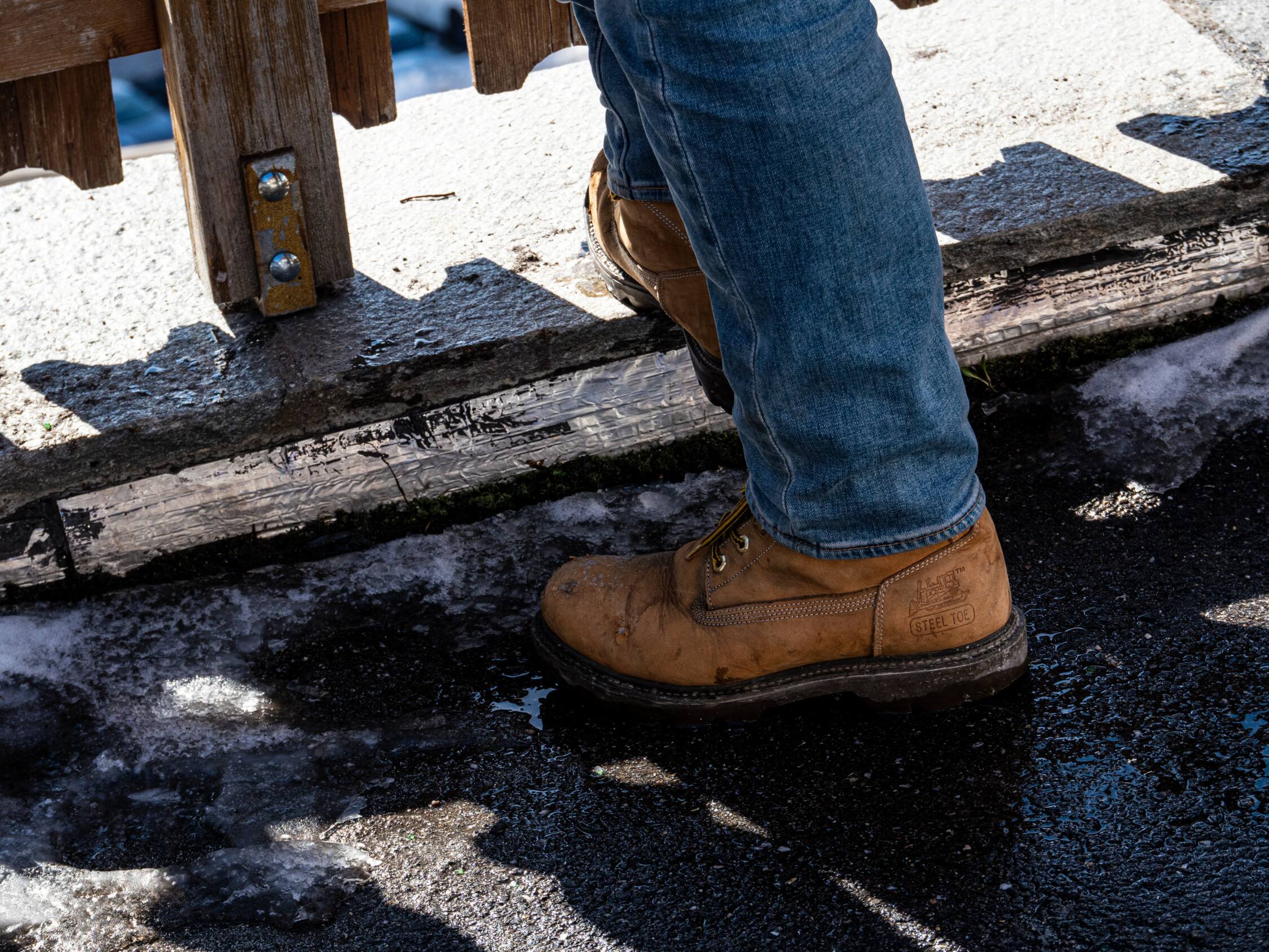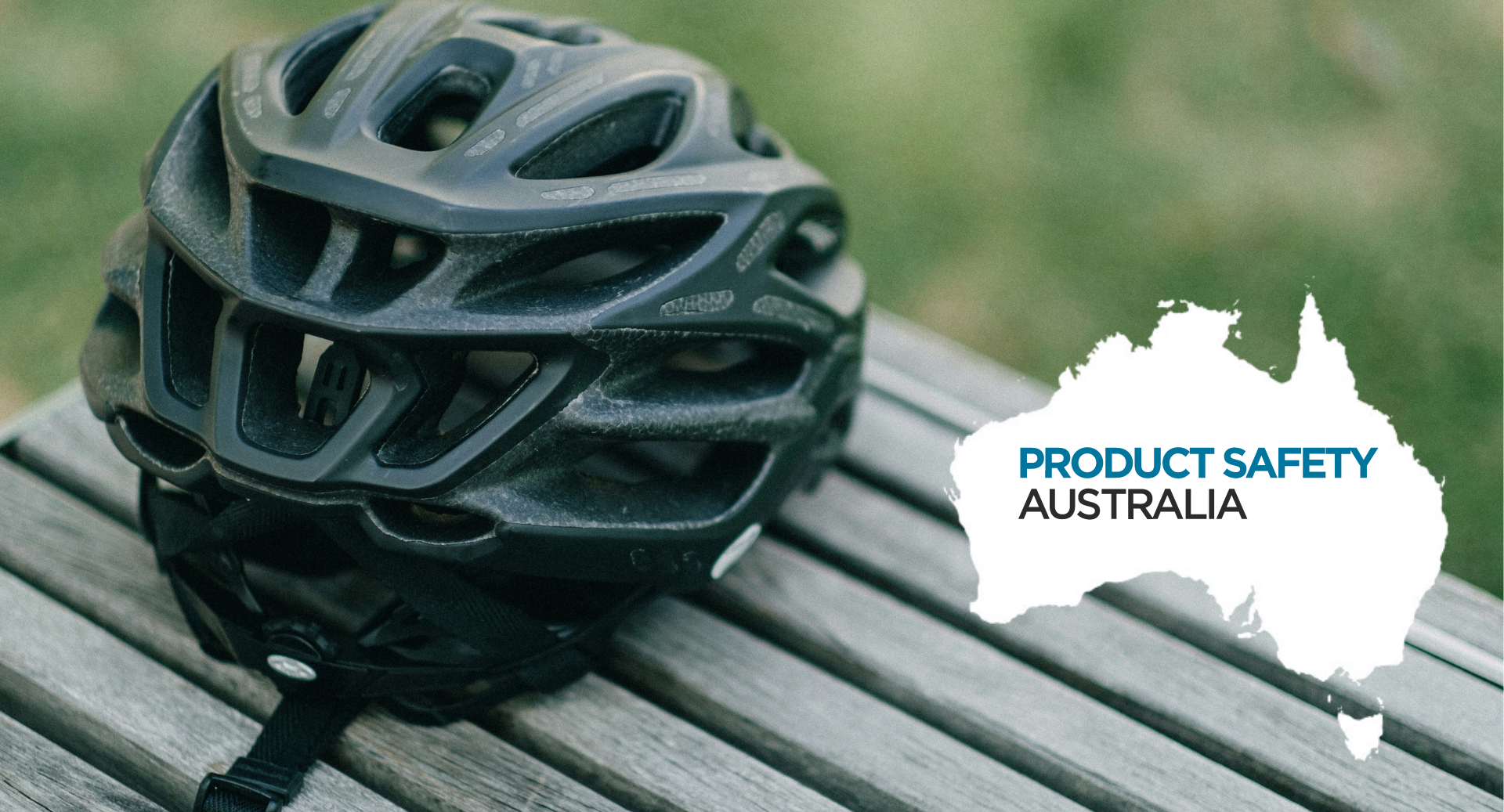
Footwear safety is a paramount concern for consumers across various industries, from athletes seeking optimal performance to workers navigating hazardous environments. Ensuring the safety and quality of footwear is a multifaceted process that requires rigorous testing and evaluation. One integral component of this process is the involvement of third-party laboratories. At ACT Lab, we understand the significance of footwear safety testing, and in this article, we will delve into the essential role played by third-party testing in safeguarding consumers and upholding industry standards.
Ready to start testing your footwear products? Contact ACT LAB today to learn more about Footwear Testing options.
Understanding Footwear Safety Regulations
In general, footwear safety regulations are classified by the usage type of footwear, the age of the wearer, or the area where the product is going to be distributed. Some regulations to be aware of include:
- Occupational Safety and Health Administration (OSHA) Standards: In the United States, OSHA is responsible for enforcing workplace safety regulations. They set standards for personal protective equipment (PPE), including safety footwear, in various industries to protect workers from potential hazards such as falling objects, electrical shocks, and slip and trip hazards.
- European Union (EU) CE Marking: The CE marking is a mandatory conformity mark for certain products sold in the European Economic Area (EEA). Footwear manufacturers must comply with the EU’s Personal Protective Equipment (PPE) Regulation (EU) 2016/425 to affix the CE mark on safety footwear. This certification indicates that the footwear meets specific safety and quality standards.
- American Society for Testing and Materials (ASTM) Standards: ASTM develops and publishes voluntary consensus standards for a wide range of products, including footwear safety standards. The ASTM F2412 and F2413 standards outline testing procedures and performance requirements for various safety features in footwear, such as impact resistance, compression resistance, and electrical hazard protection.
- International Organization for Standardization (ISO): The ISO develops standards for various products, including safety footwear. ISO 20345, ISO 20346, and ISO 20347 are examples of standards that define requirements for different types of protective footwear based on their intended use.
- Industry-Specific Regulations: Some industries have specific safety requirements beyond general workplace regulations. For example, the mining industry may have additional standards for puncture resistance due to the nature of the work environment.
- Children’s Footwear: Footwear designed to be used by those under the age of 12 is regulated by the CPSC and is subject to general guidelines regarding children’s products.
How Footwear Safety Tests Are Performed
Testing procedures will vary based on the type of footwear you are testing and regulation-specific testing. Some of the most common tests we conduct for footwear include:
- Slip Resistance Testing: Slips and falls are a significant concern, particularly in occupational settings or areas prone to wet or slippery surfaces. Our slip resistance testing assesses the coefficient of friction between the footwear sole and various surfaces, ensuring that the footwear meets safety standards, thereby minimizing the risk of accidents.
- Impact Resistance Evaluation: Protecting wearers from potential injuries is paramount. Our impact resistance testing simulates scenarios such as heavy objects falling on the foot or impacts during sports activities. With specialized equipment, we measure how well the footwear absorbs and disperses impact forces, ensuring it meets the required safety standards.
- Compression and Puncture Resistance Assessment: Workers in various industries, such as construction, manufacturing, and mining, are exposed to heavy machinery and sharp objects. To safeguard against potential hazards, we conduct tests to evaluate a shoe’s ability to withstand compressive forces and resist punctures, assuring utmost safety.
- Electrical Hazard Testing: Certain work environments pose electrical hazards, with live wires or charged equipment. Footwear designed for these conditions must undergo electrical hazard testing. At ACT LAB, we assess the shoe’s ability to insulate against electrical shocks, reducing the risk of electrical injuries.
- Chemical Resistance Examination: Footwear used in industries where workers may encounter hazardous chemicals must undergo chemical resistance testing. We assess the shoe’s ability to withstand exposure to various chemicals without compromising wearer safety or the footwear’s integrity.
For specific test inquiries, please contact us or submit a test to learn more.
Why Choose ACT LAB for Footwear Safety Testing
Footwear can be subject to a variety of specific tests. For manufacturers, this can be complicated and overwhelming. Choosing a qualified 3rd-party testing laboratory like ACT LAB to evaluate testing needs and conduct appropriate tests can ensure your products are safe and up-t0-standard before going to market. Some of the benefits of choosing to test your products with ACT LAB include:
- Unparalleled Expertise: At ACT LAB, we pride ourselves on our team of qualified experts with in-depth knowledge of footwear safety. Their experience enables them to identify potential risks and weaknesses in footwear designs, facilitating improvements for enhanced safety.
- Impartiality and Objectivity: As an independent testing laboratory, ACT LAB eliminates any potential conflicts of interest, ensuring unbiased evaluations. This impartiality is essential in maintaining the integrity of the testing process and instilling confidence in consumers.
- Compliance with Stringent Standards: Our testing procedures adhere to industry-specific guidelines and international safety norms. Compliance with these standards ensures that footwear meets the highest safety requirements, providing peace of mind to both manufacturers and consumers.
- State-of-the-Art Facilities: At ACT LAB, we invest in cutting-edge testing equipment and facilities to deliver accurate and reliable results. Our commitment to staying at the forefront of technology enables us to offer comprehensive testing solutions that meet the evolving demands of the footwear industry.
About ACT-LAB
ACT-LAB is an ISO/IEC 17025 accredited laboratory that conducts consumer product safety and compliance testing for an active world. We can help ensure that your products both meet industry standards and are inspected to ensure the utmost quality.
To learn more about our tests contact us today.
Read more about our accreditations here.
 ISO/IEC 17025 Accredited Independent Testing Laboratory
ISO/IEC 17025 Accredited Independent Testing Laboratory








